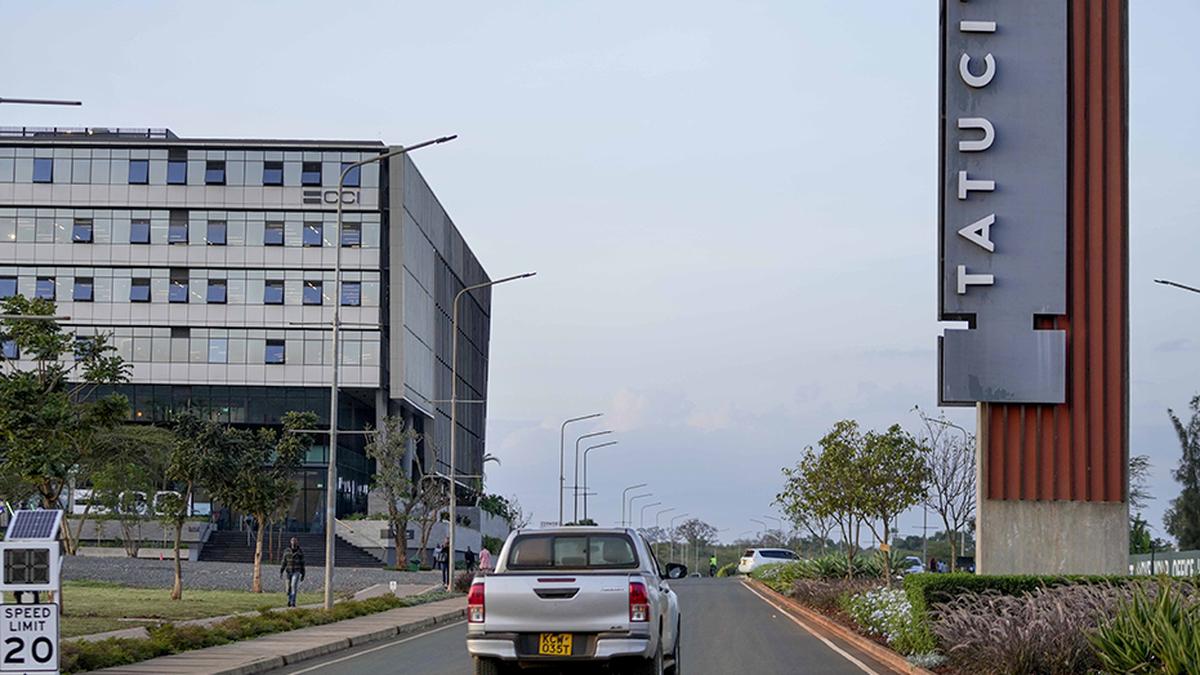
A ‘start-up’ city in Kenya tries to tackle Africa’s problem of urbanising while being poor
The Hindu
Discover Tatu City, a model for new city development in Africa, offering law and order, economic growth, and urban innovation.
Turn into Tatu City on the outskirts of Kenya’s capital, Nairobi, and it feels like entering a different world.
Even the country’s most reckless drivers are transformed, slowing to a crawl and not tossing trash out the window — thanks to surveillance cameras and rigorously enforced penalties for speeding and littering.
For the 5,000 people who have moved into Tatu, a “startup city” that welcomed its first residents four years ago, the ruthless upholding of such rules makes the place appealing.
“Tatu has more law and order than other places,” said Valerie Akoko, a digital content creator who moved in two years ago. “I have never seen Tatu City dirty.”
Situated on 5,000 acres, Tatu City aspires to be what its name suggests: a city, privately owned, that its designers hope will eventually have a population of 2,50,000. It is already home to 88 businesses employing 15,000 people. They include CCI Global, which operates a 5,000-seat call centre, and Zhende Medical, a Chinese medical supply manufacturer.
There are similar projects around the world. But in sub-Saharan Africa, champions of the idea hope that new-city developments can address the continent’s urbanisation conundrum: While the growth of cities has rolled back poverty elsewhere, the region has largely been an exception.
History suggests that as people move into cities, productivity increases, wages rise, exports grow. and a country gets richer. But in Africa, urbanisation has rarely unleashed such economic transformation.





















 Run 3 Space | Play Space Running Game
Run 3 Space | Play Space Running Game Traffic Jam 3D | Online Racing Game
Traffic Jam 3D | Online Racing Game Duck Hunt | Play Old Classic Game
Duck Hunt | Play Old Classic Game











